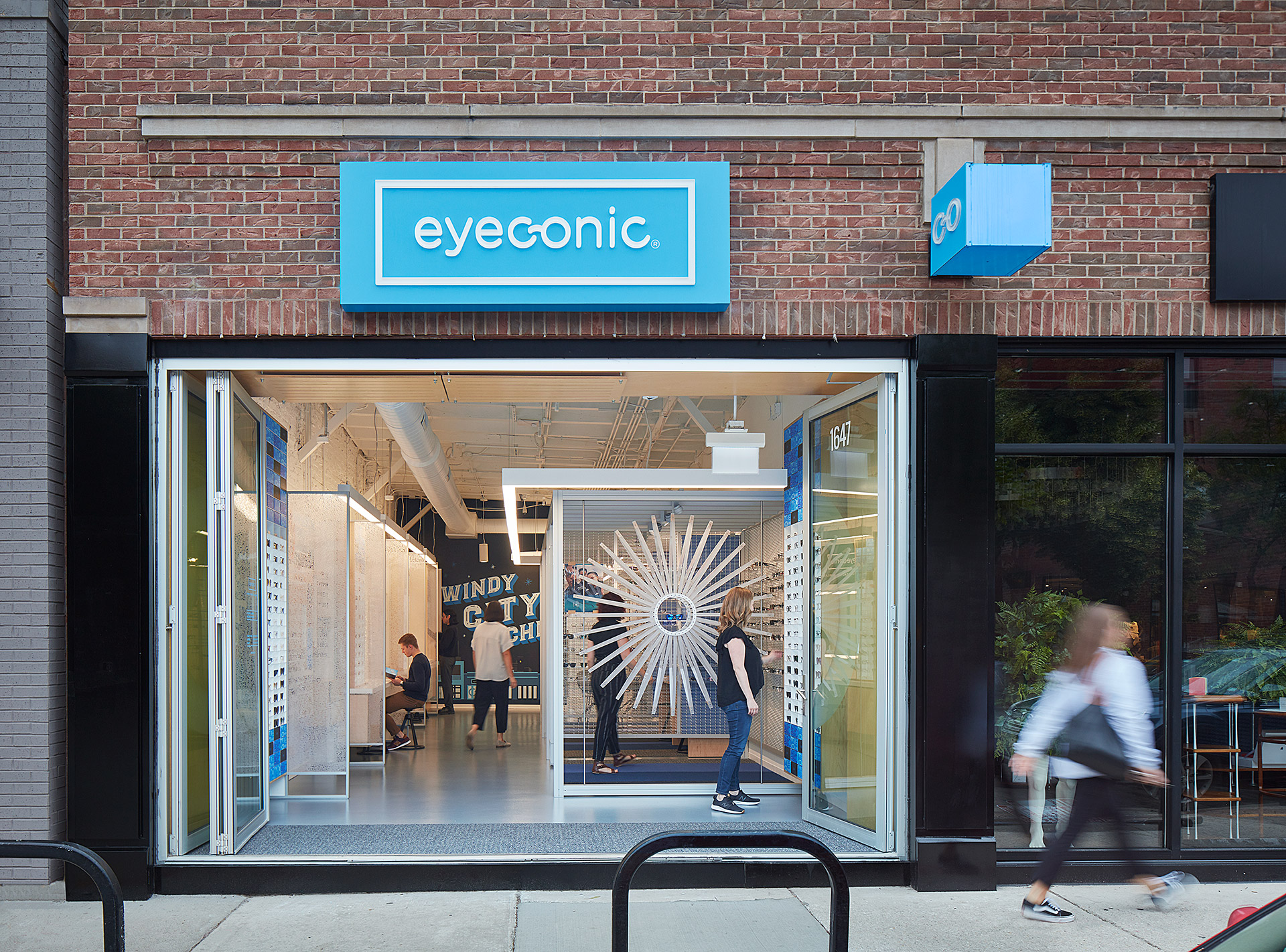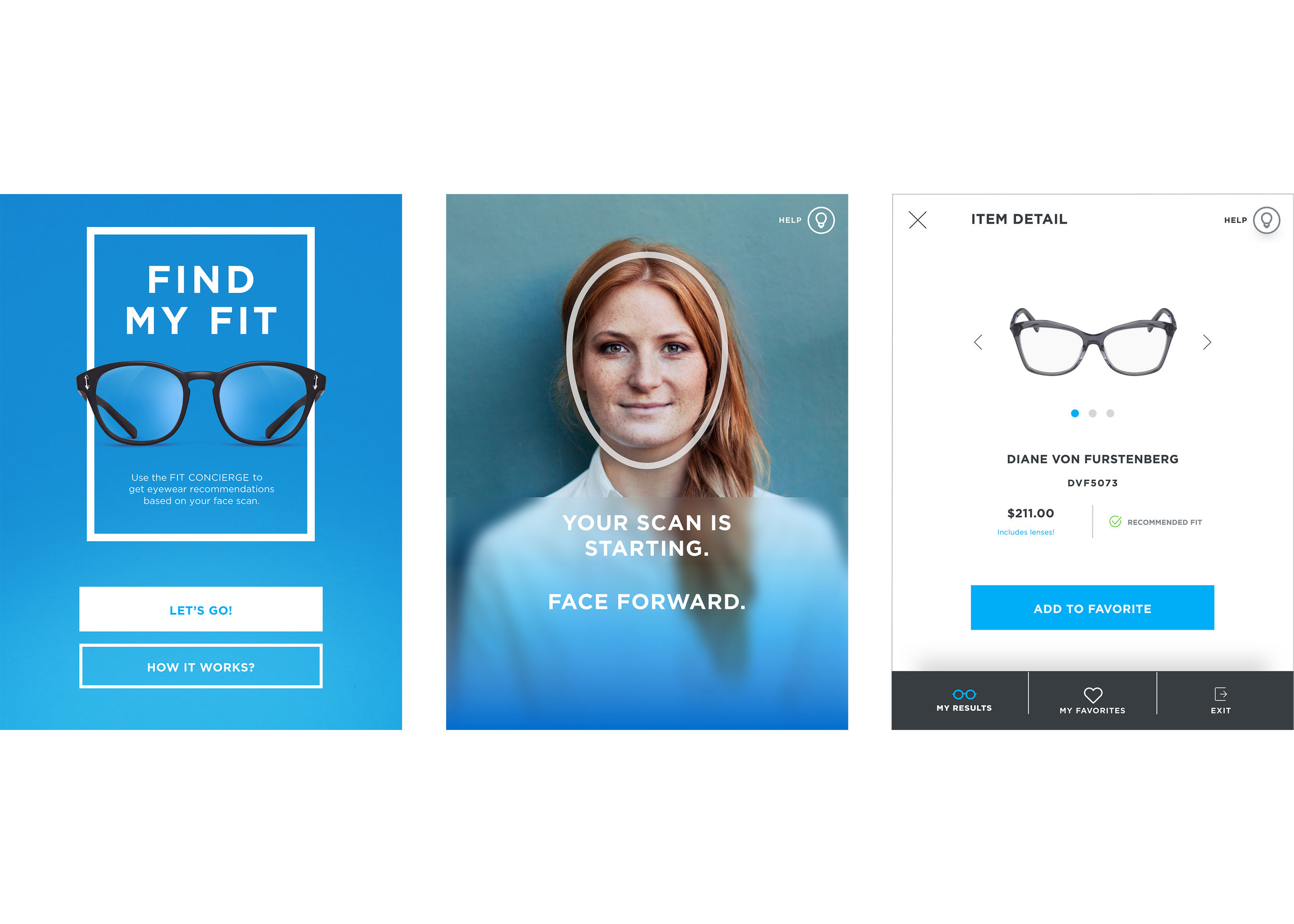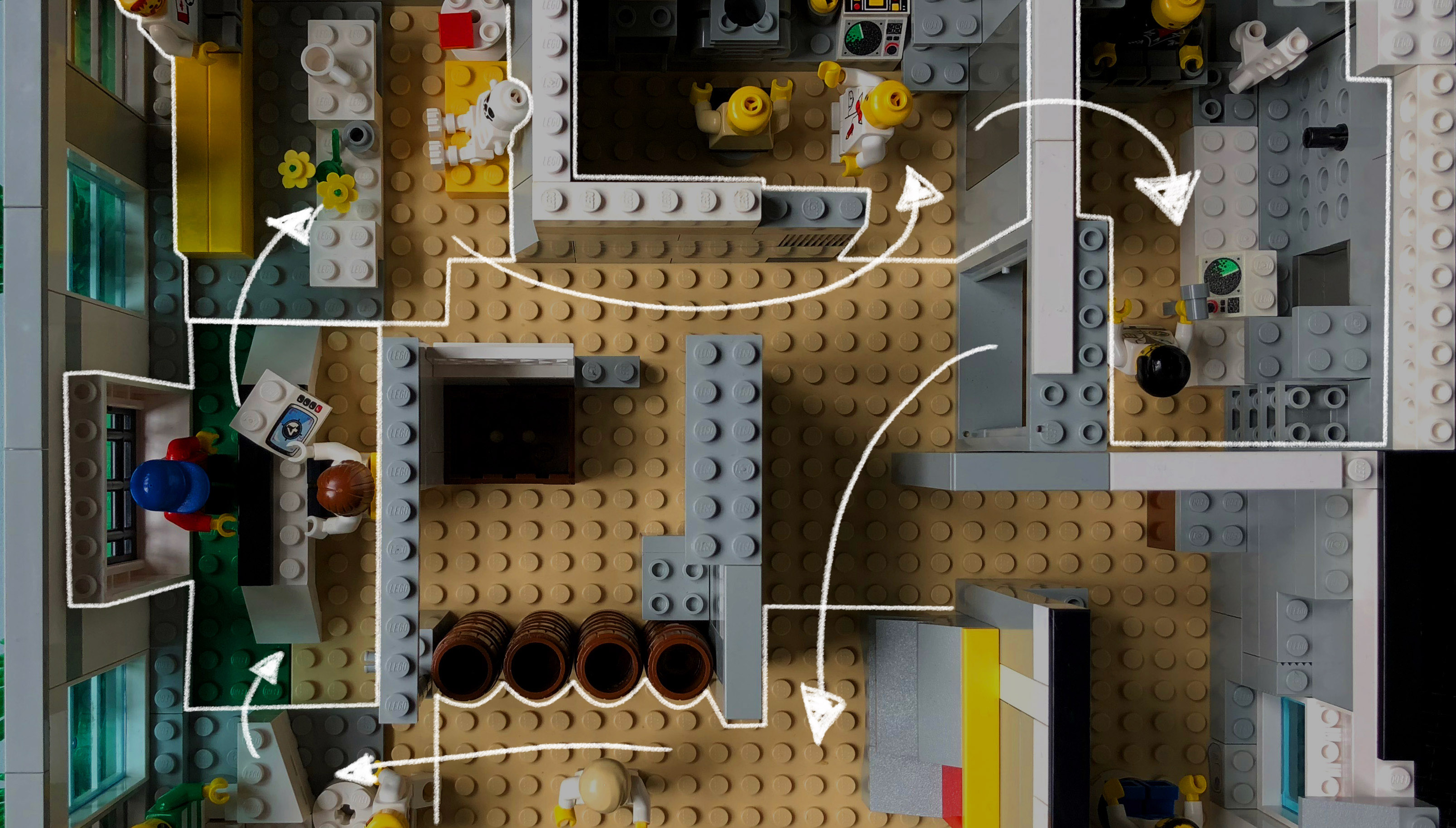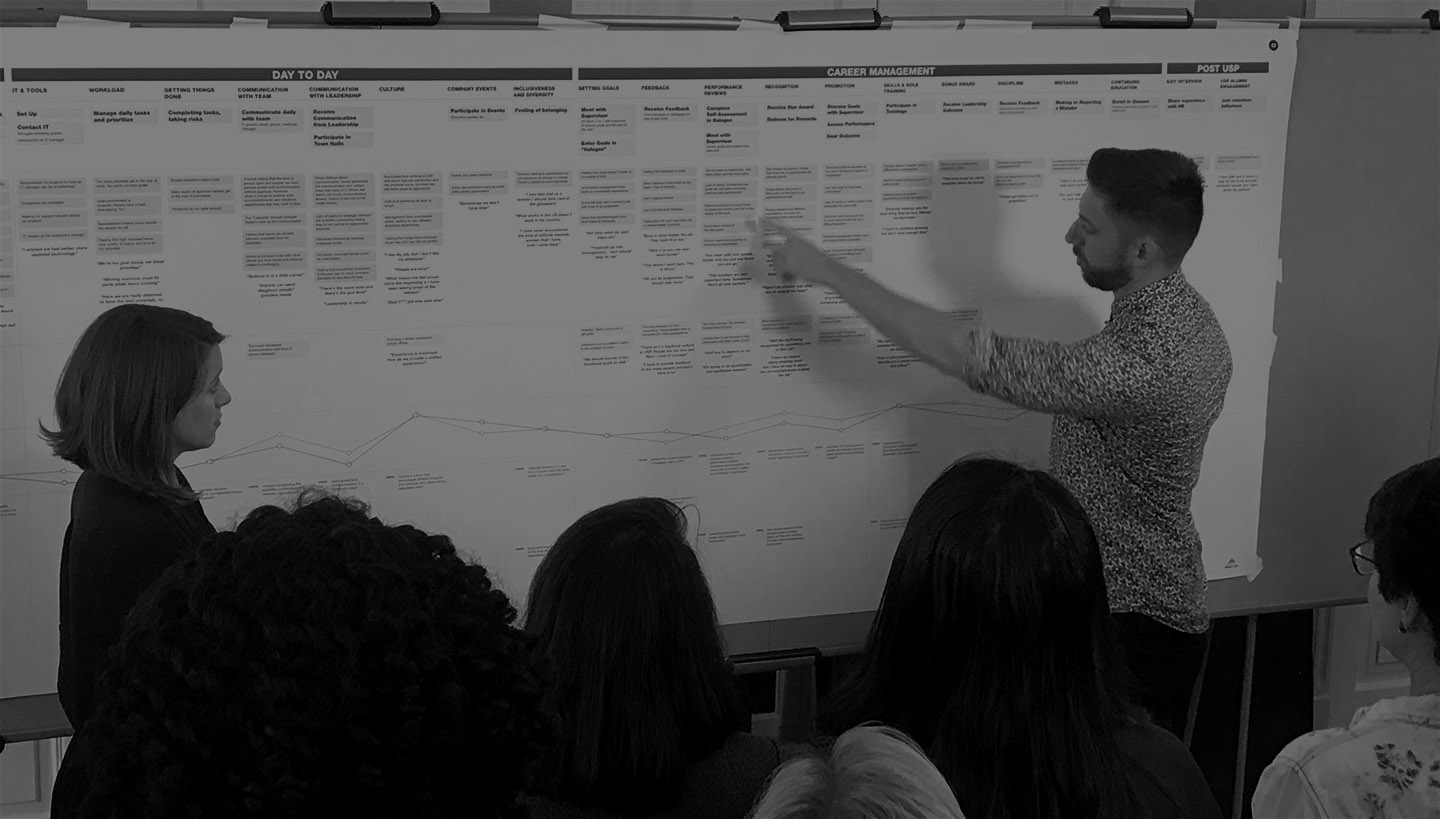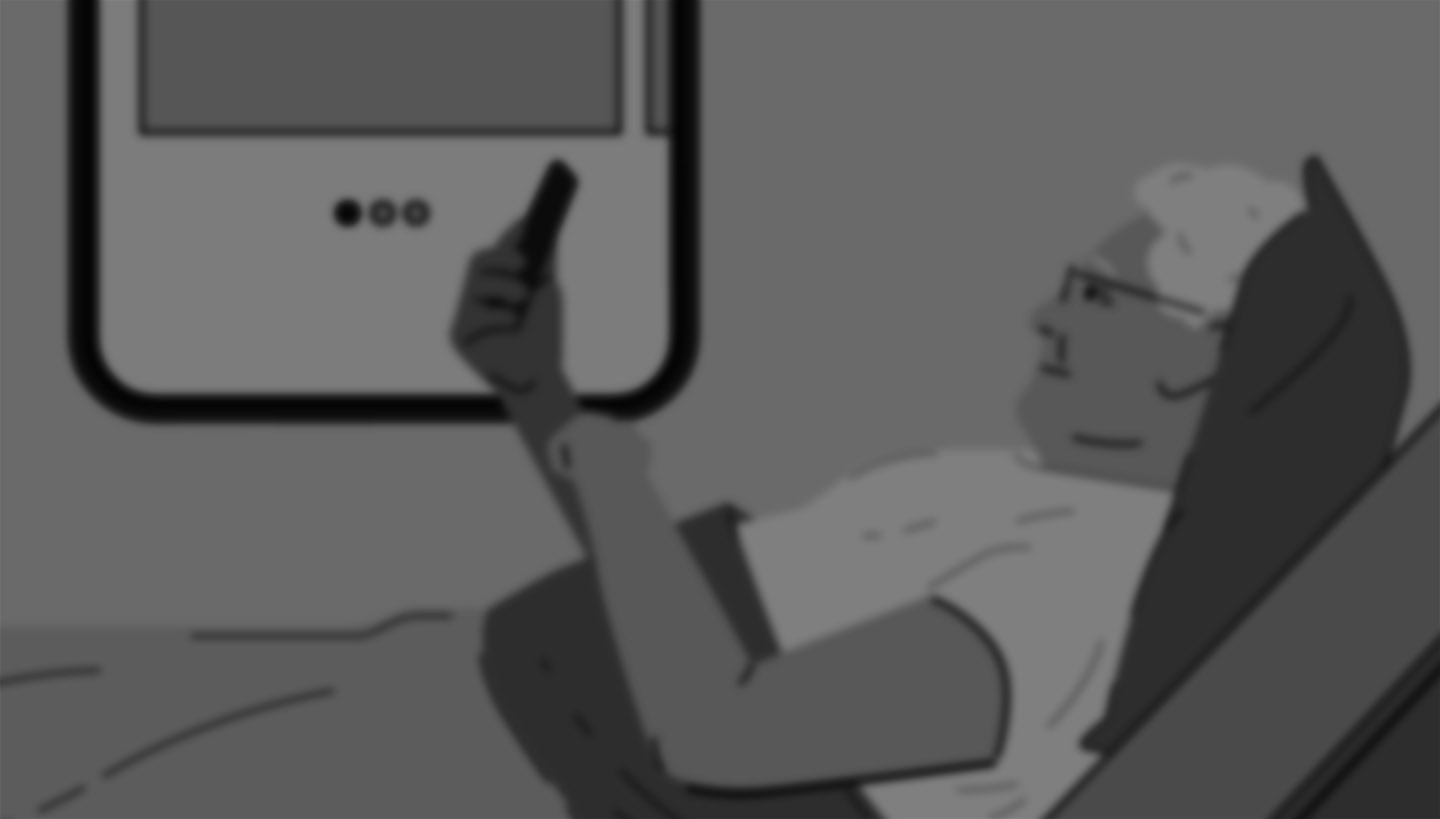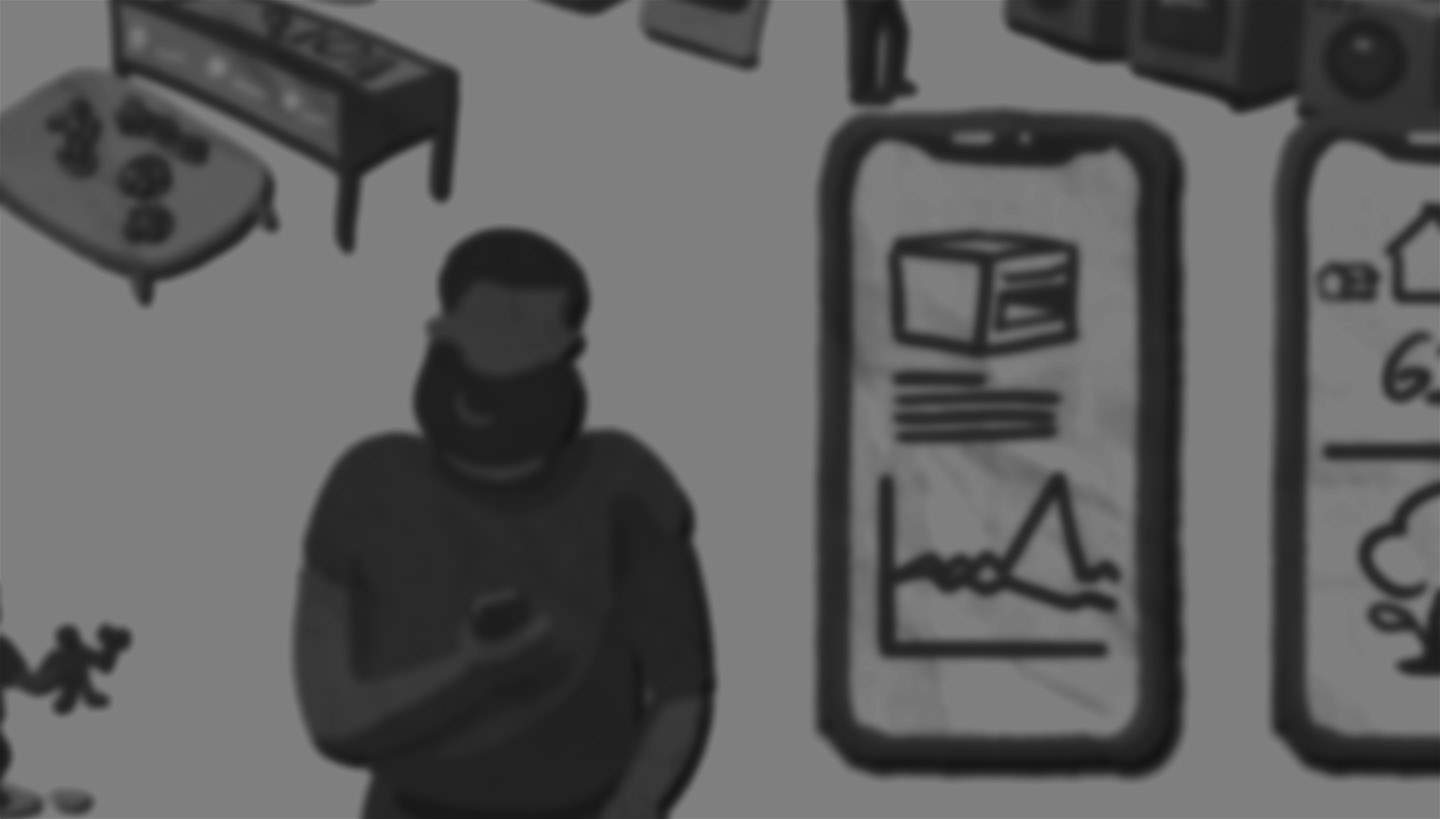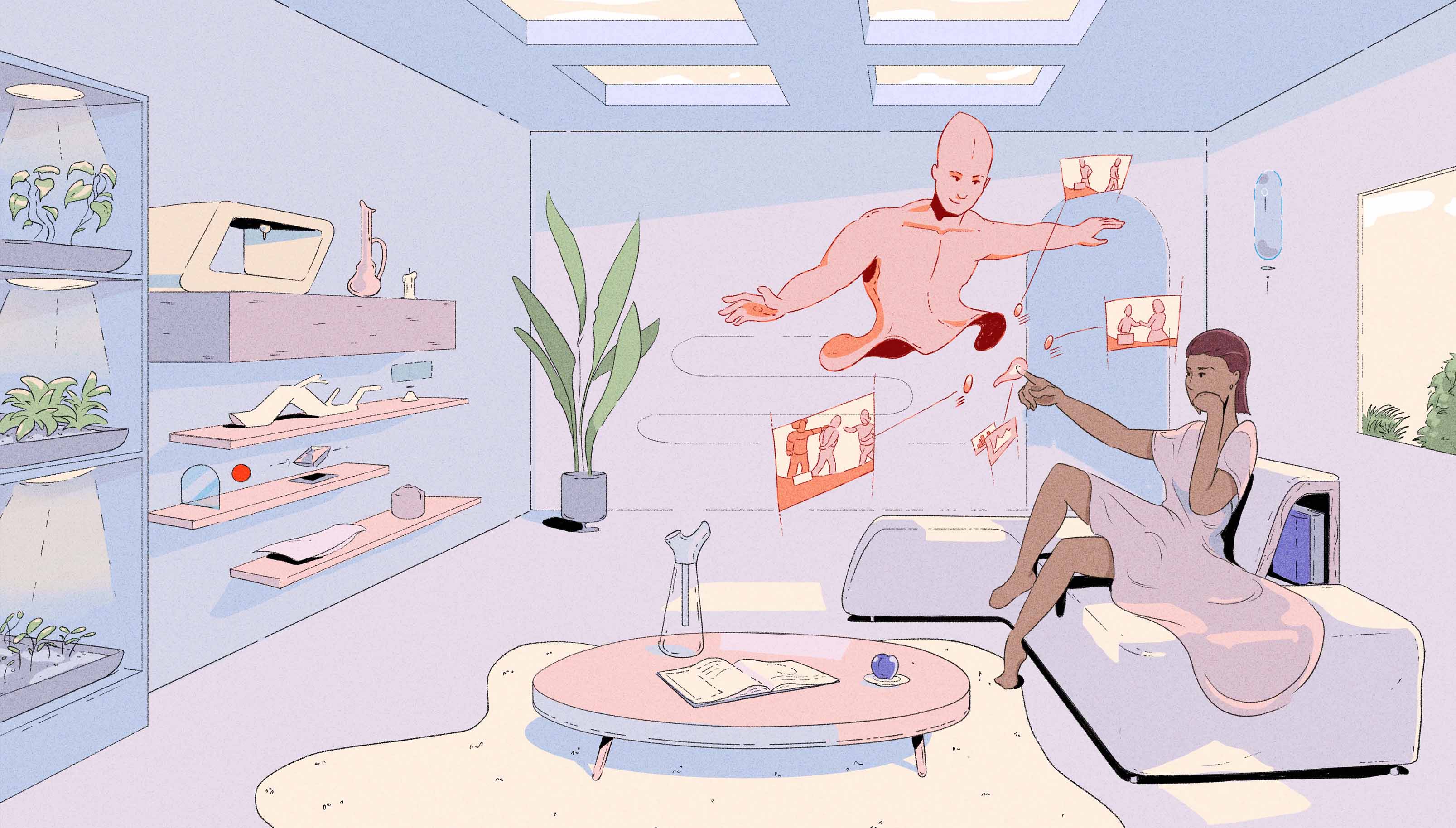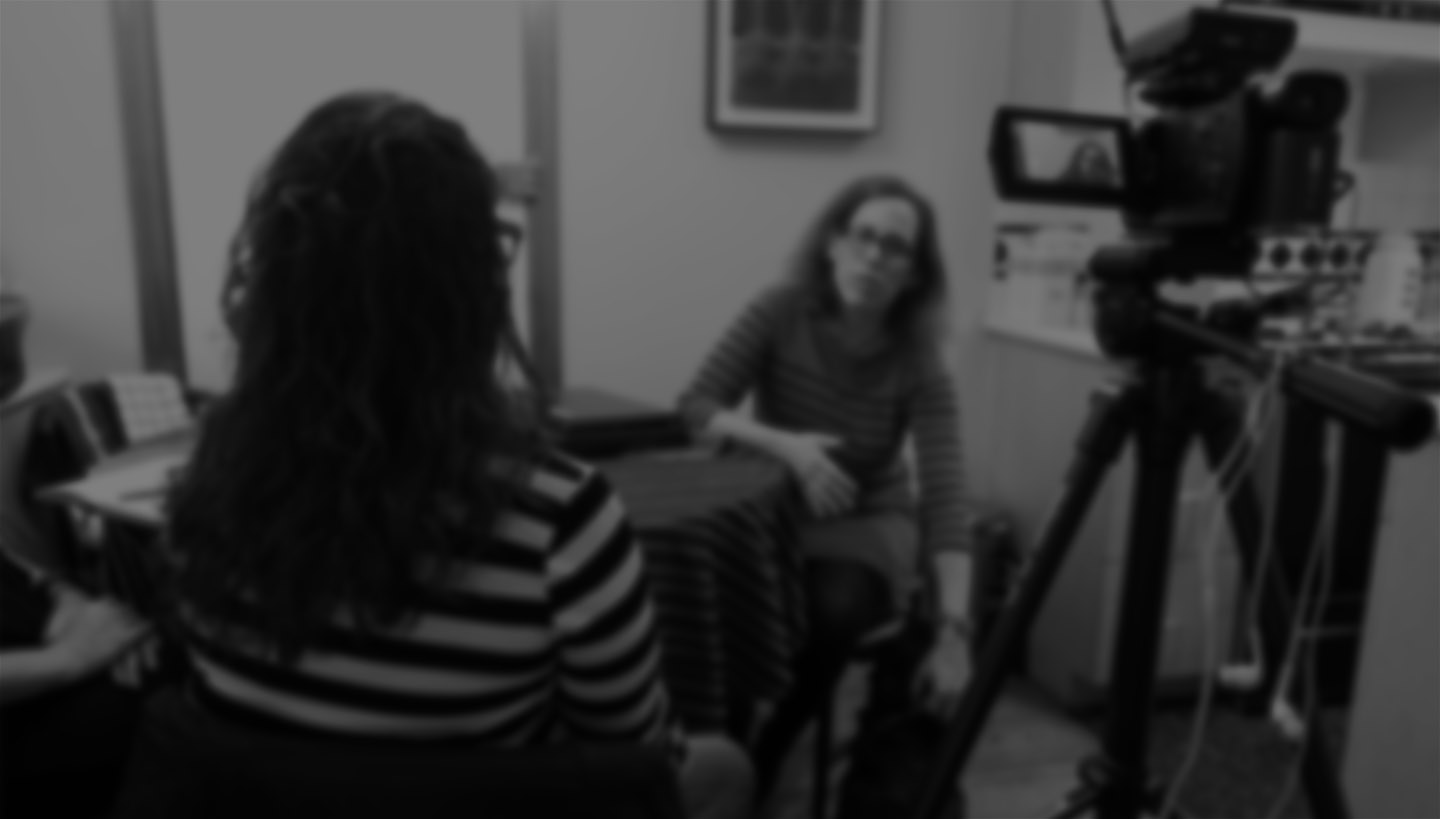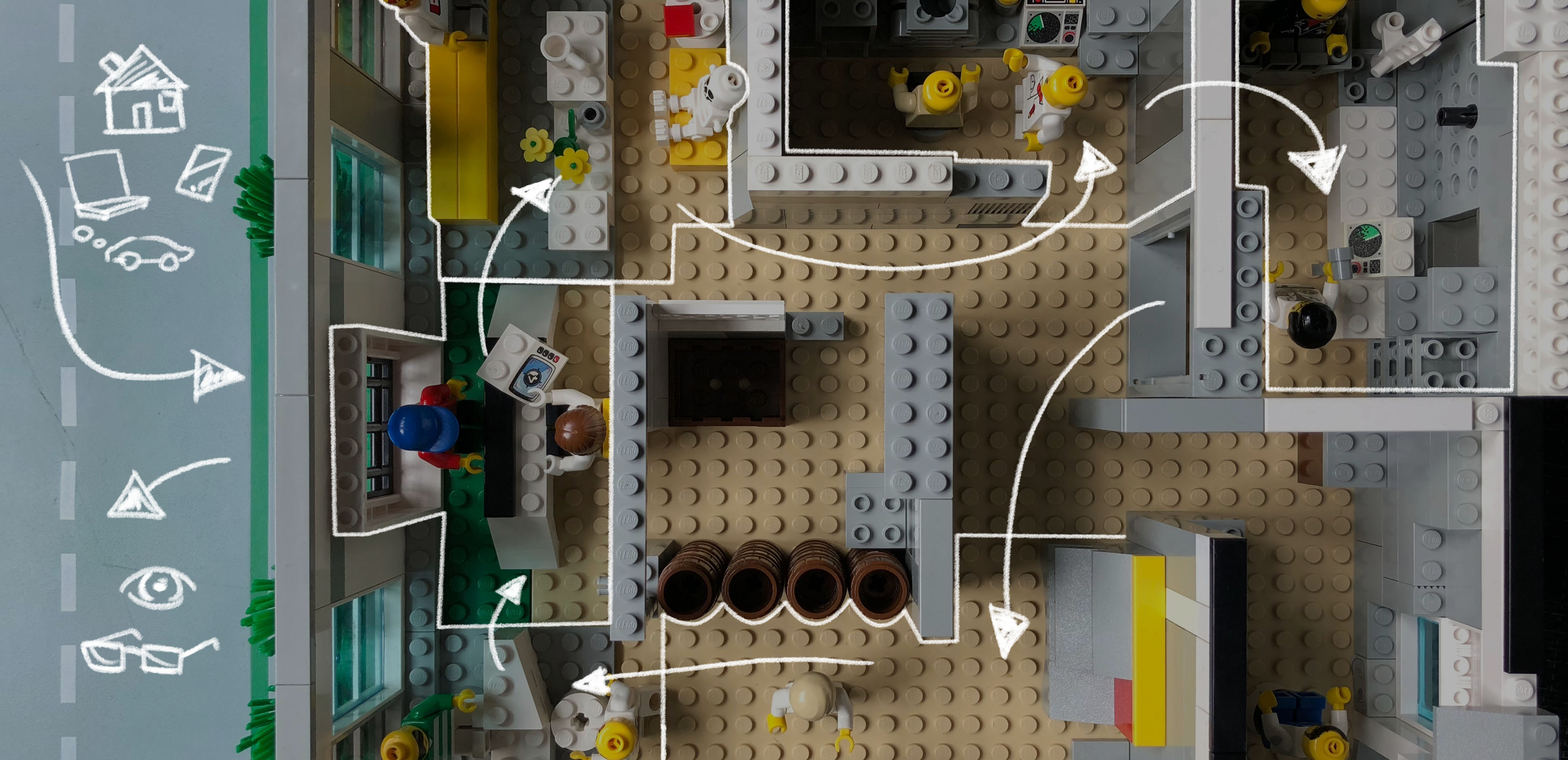
AN INNOVATION TEAM TASKED WITH EVALUATING
THE LANDSCAPE OF EYE-CARE
VSP is the largest Eye Insurance provider but with shifting consumer behaviors and the constant evolution of technology it's become more challenging to keep up. Our team analyzed the current landscape of eye-care and showcased how this research may play out in multiple futuristic concepts in a project called "Practice of the Future". This resulted in a new company vision, resources, and retail development.

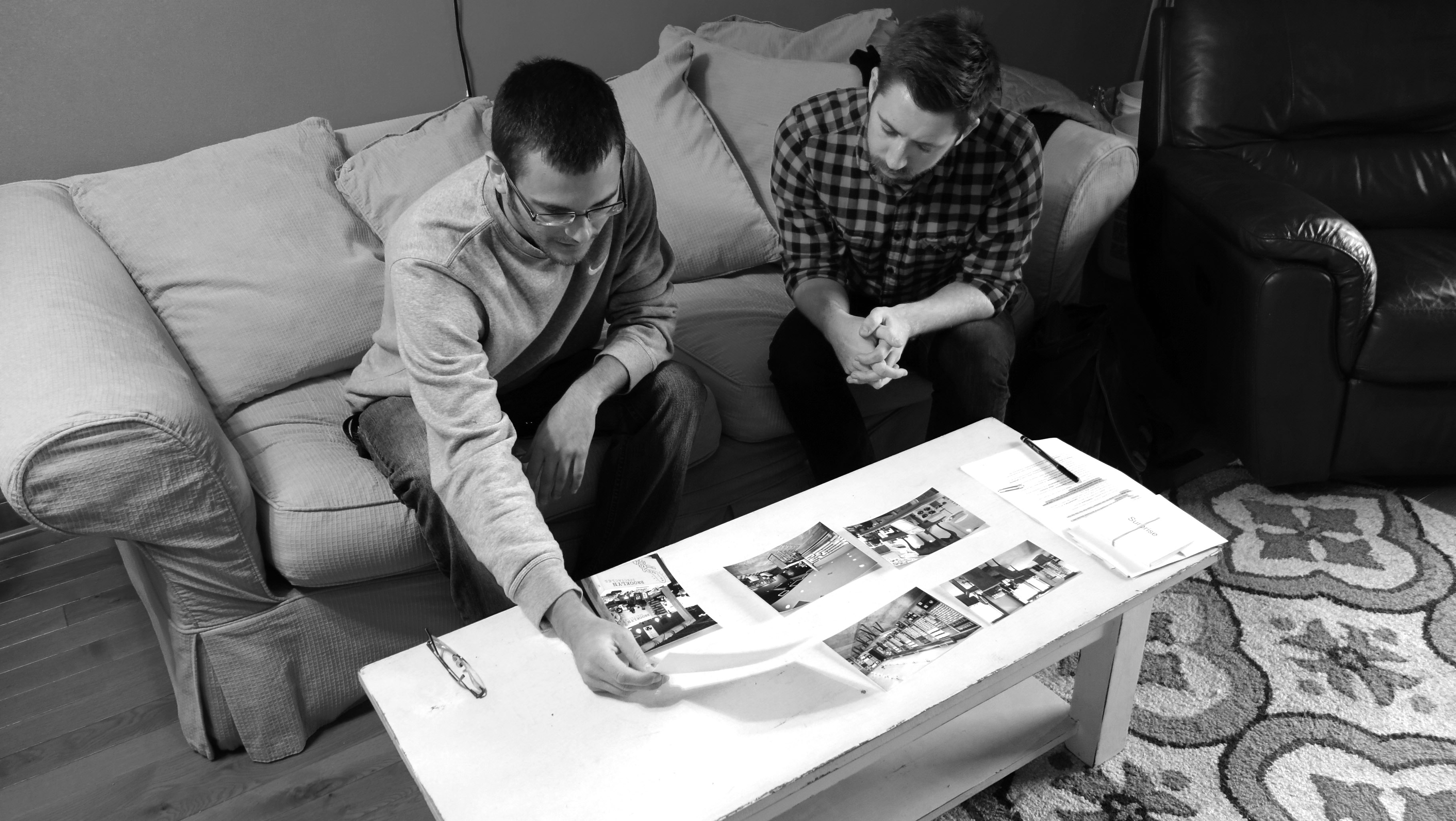
FROM:
TO:
1. AN UNCLEAR VISION
VSP and Optometry private practices struggle to keep up and understand the changing industry. Siloed work divisions and adoption challenges slowed VSP's development and distracted from a greater strategic vision.
1. CAPTURED RESEARCH & DEVELOPED CONCEPTS TO GUIDE DIRECTION
We conducted research where there were gaps & documented this information to be more accessible. This helped build future concept & scenarios to guide possibilities of the industry.
2. MISSING FOUNDATION MATERIALS
Stakeholder interviews revealed inefficient eye-care knowledge & documentation. This lack of material slowed down VSP's developments and was critical to deliver future visions.
2. GUIDES, METHODS, & ASSETS CAPTURED
Varying documents developed and captured including:
- Consumer types & journeys
- OD segmentation & journeys
- Manufacturing Processes
- Industry Trends
- Retail Trends
3. DESIRE FOR RETAIL PRESENCE
VSP had desired to own and facilitate their own retail to improve the experience. However their board is run by Optometrists and feared that retail would conflict with their interests as doctors.
3. VALIDATED RETAIL NEED, CREATION OF CONCEPT, AND APPROVAL
The research conducted supported the desire fir VSP retail from both the consumer and optometry.. This information was used in a concept video to visually communicate both research and concept. The concept was approved and VSP retail is in development now.
THE TEAM
Project Owner - Christine Folck
Project Manager - Yvette Plaza
Design Lead - Jeff Brown
Industrial Design - Lexie Burstein, Edgar Romo
Subject Expert - Niki Thomas
Software lead - Pat Crain
Software Engineer - Andrew Cook, Carey McLean
Design lead was responsible for both leading and coordinating design research, synthesis, ideation, and concept development. Other members joined to assist throughout the project, from users, stakeholders, subject experts, and more.
BREAKDOWN
This project began late 2016 and continues to this day with evolving needs. There have been 3 different and sometimes overlapping phases of design research, synthesis, and ideation.
60+ Hours of Field Observation
- 18 Optometry practices
- 5 Online practices
- 3 Big box retail spaces
- 7 Eyewear retail spaces
- 7 Ophthalmogist practices
- 33 Retail spaces
- 18 General healthcare clinics
150+ Hours of Interviews
- 40 Eyewear consumers & patients
- 18 Optometrists
- 10 Opticians
- 3 Ophthalmologists
- 5 Optometry staff
INTERNAL AUDIT REVEALS INFORMATION GAPS
After meeting with stakeholders to understand their visions for the future, we could see where additional information was needed. VSP has the largest database of health records and a treasure trove of quantitative data. We uncovered the need to complement existing research with qualitative research to dive deeper, and to replace anecdotes with evidence. We could then use these themes and results to build upon for our concepts later down the road.
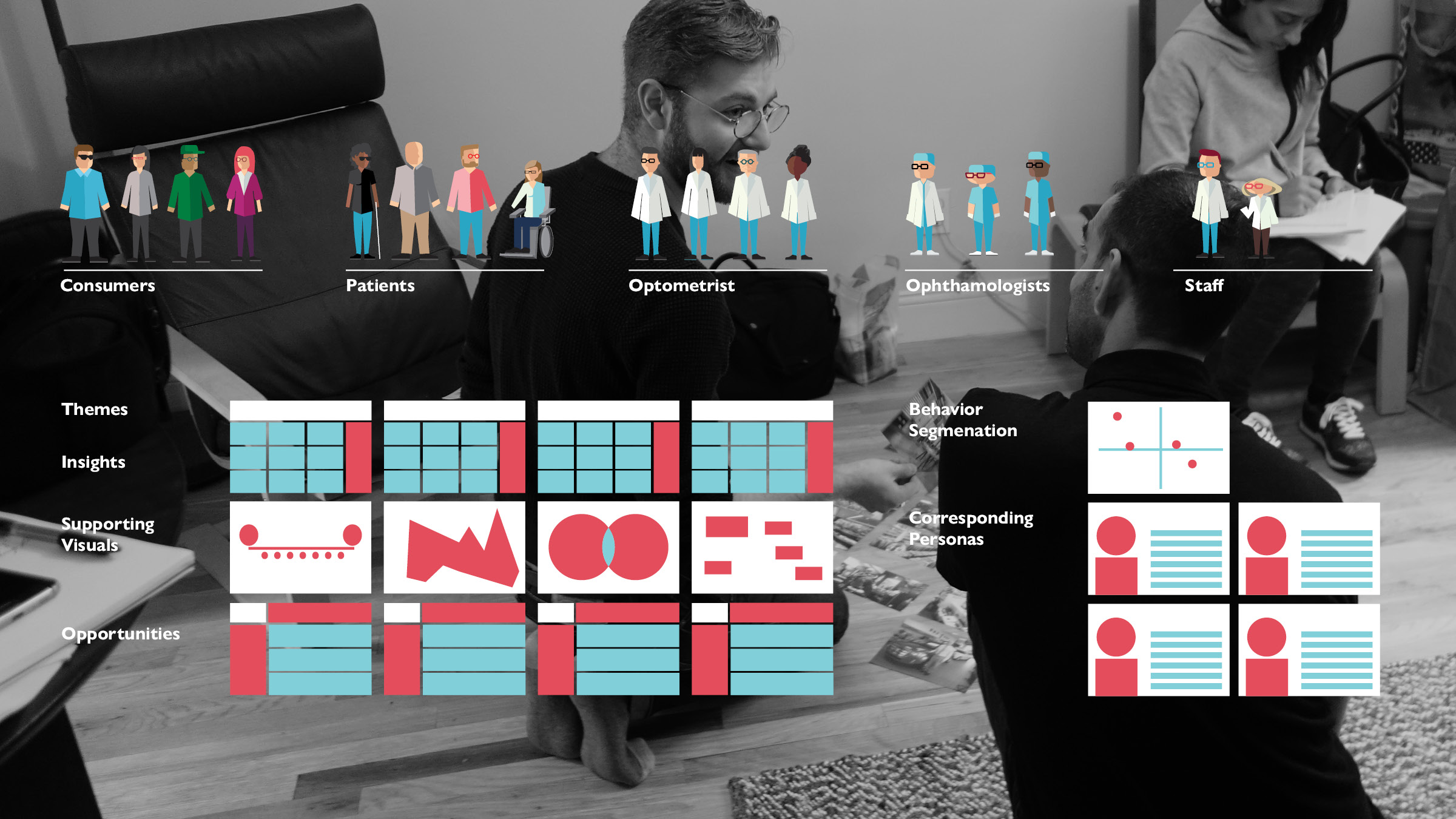
FILLING IN FOUNDATIONS FOR IMPROVEMENT
Speaking with stakeholders revealed additional gaps, such as standard processes that consumers or doctors experience. In order for us to create something new we needed an understanding of the current status. This led to creating these documents and assets for the entirety of the company to use. These took several rounds working with doctors and subject experts to have accurate results.
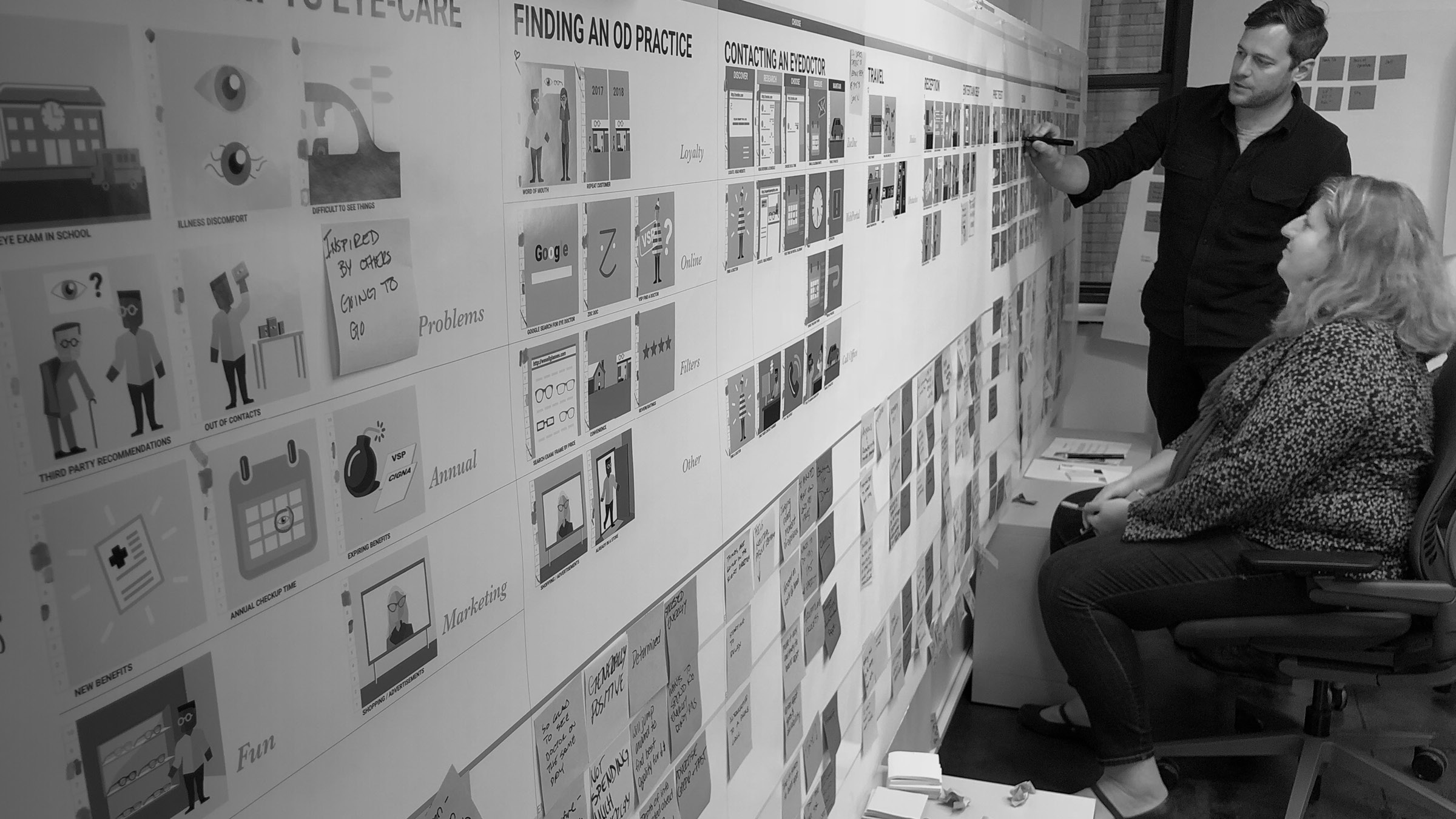
CROSS DISCIPLINE IDEATION ENSURED FASTER DEVELOPMENT
A more diverse background was important to gathering more ideas and accurately balancing emphasis on possible solutions. Involving stakeholders or users at certain stages also validated ideas early on and created buy in to accelerate the process.
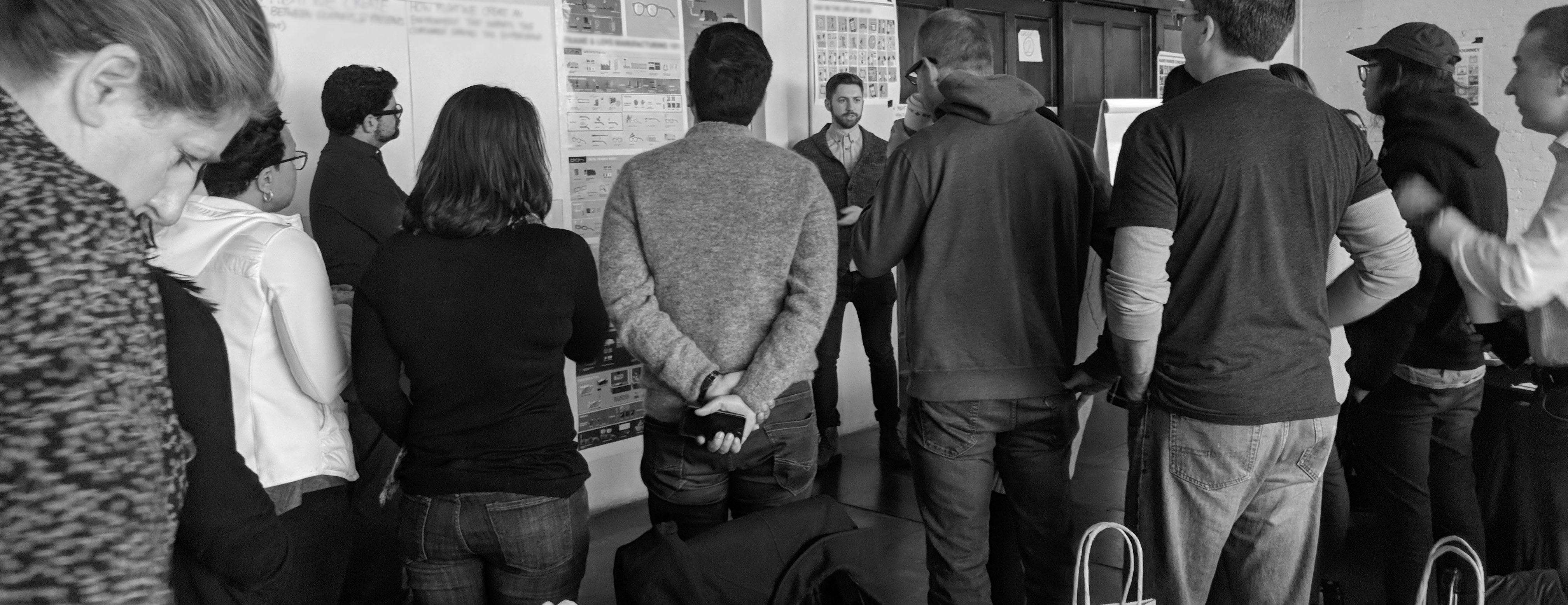
A CONCEPT VIDEO COMPILED RESEARCH TO TELL A STORY FOR VSP RETAIL
Our research identified different user behaviors and needs that were not being addressed by the current VSP doctor. Over a 2 week period we created a concept, storyboarded, and hired an animator to put together a concept video to present to our board of Optomestrists. This video identified the lifestyle of this consumer and showcased a high level concept of how VSP retail could fit in their world.
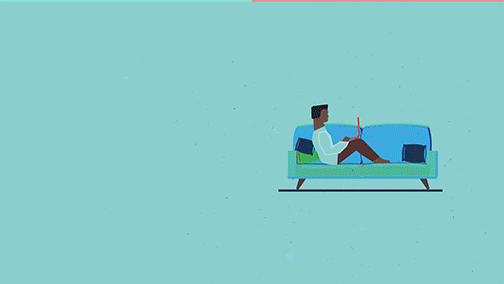
CHAPTER 1

CHAPTER 2A
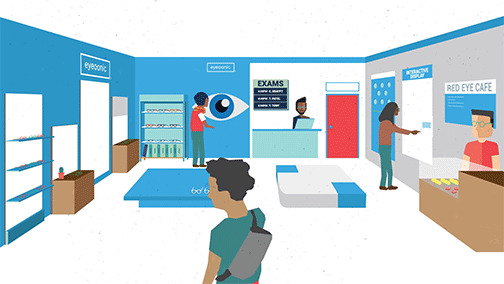
CHAPTER 2B
THE CONCEPT FOR VSP RETAIL WAS APPROVED.
ITS DEVELOPMENT LEVERAGED RESEARCH LEARNINGS & DESIGN PRINCIPLES FOR A PHYSICAL PRESSENCE FOR THE RETAILER: EYECONIC

VISIT EYECONIC IN CHICAGO'S WICKER PARK & WEST LOOP LOCATIONS
